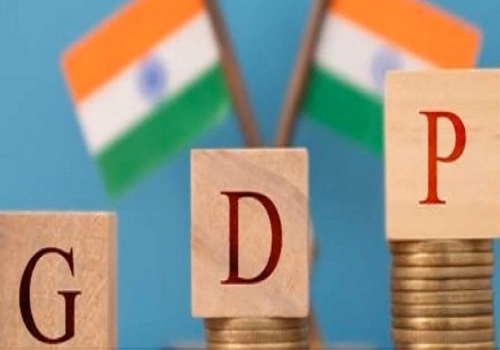State finance ministers should consider reducing GST on flex-fuel vehicles to 12%: Nitin Gadkari

Union Minister Nitin Gadkari has said that state finance ministers should consider reducing Goods and Services Tax (GST) on flex-fuel vehicles to 12 per cent in the GST Council meeting. He said there is a need to reduce imports of fossil fuels and encourage the use of biofuel. Flex-fuel-compatible cars can run on more than one type of fuel and also on a mixture. Typically, a blend of petrol and ethanol or methanol is used.
The minister noted that at present, 28 per cent GST is levied on vehicles powered by internal combustion engines, including hybrids, and 5 per cent on electric vehicles. He also pointed out that every year, India imports fossil fuels of up to Rs 22 lakh crore, and it is not only a problem related to air pollution but also an economic problem. He said ‘So, now by starting this, a day will come when we will reduce our imports and will encourage bio-fuel. And because of reducing imports of fossil fuels and encouraging biofuel, he is confident that the most important beneficiary will be the agriculture sector. Today, in the biofuel sector, there is a huge potential’.
According to Gadkari, in the India scenario, the cost of biofuel is less and there is no pollution, so that is going to be advantageous to the common man also. He noted that the automobile industry is an important industry for the Indian economy. This industry, which is up till now, creates 4.5 crore jobs. This is the industry, which is giving maximum GST to the state and central government.























